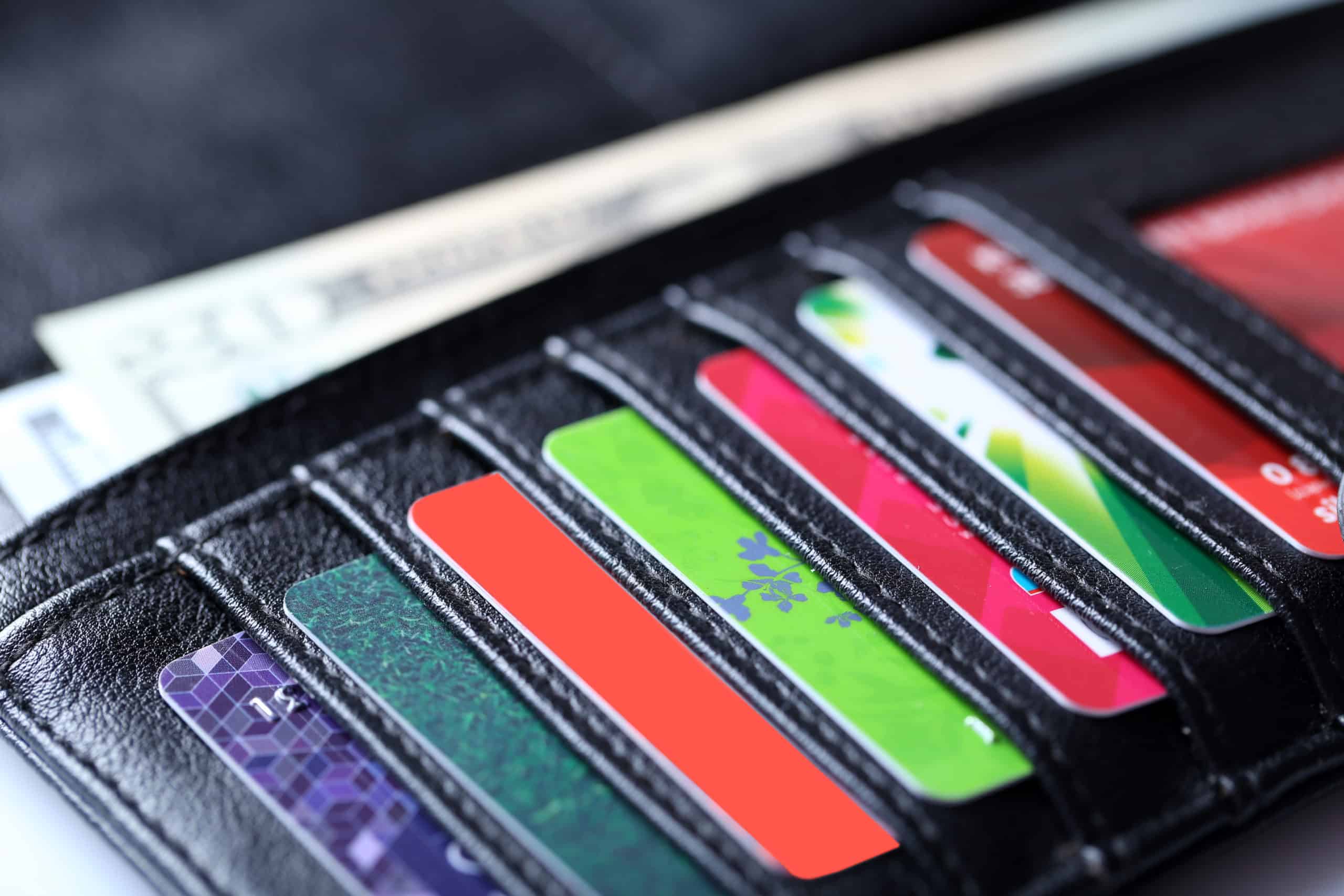For most people, opening their first credit card is a rite of passage. It means they’ve achieved a baseline of creditworthiness. However, credit cards often beget more, which can put a person at risk of running up his or her debt to an unmanageable level. To better weigh the risks and advantages of multiple cards and ultimately determine how many you should have, we offer the guide below.
Table of contents
What are the Benefits?
There are both primary and ancillary benefits from having multiple credit cards. Primary benefits entail the benefits the credit card company gives you for use of the card. This often takes the form of rewards points, airline miles, or cashback programs. Some cards may focus solely on only one of these benefits, such as those for specific airlines, while others may have a wider range of options available.
They can also impact your life in other ways. Your credit score, for instance, is in part driven by your habits and history of using credit cards. An essential part of this score is your payment history. As you make more on-time payments, you may see a boost in your creditworthiness. With more cards, there are more opportunities for on-time payments. This can also be beneficial if there is, for whatever reason, a late payment or two.
Another aspect of your credit score is utilization. Utilization is the amount of debt you owe compared to the amount of credit available to you. As you open new accounts, your collective credit limit will likely increase. If you don’t add more debt in the process, then your total utilization should fall. This, in turn, can help your credit score rise.
Who Should Have Multiple Credit Cards?
The two main benefits of having more than one credit card are the boost to your creditworthiness and the benefits that stem from using the card. So, if you’re looking to increase your credit score by lowering your overall utilization, having multiple more than one makes sense. The key here is to not view the additional revolving credit as spending money and then rack up more debt.
Some consumers also open up multiple accounts to chase the rewards each card offers. Those that travel frequently can apply for a credit card that gives cash back at gas stations or offers airline miles with each purchase. Others may try to find credit cards with extended periods of low or 0% interest to help finance larger purchases.
When Should You Have Multiple Credit Cards?
Credit cards, like most financial tools, carry risk. Partial payments can lead to your debt snowballing into an amount that takes years to pay off. Late payments can ding your credit score or increase that card’s interest rate. Missed payments can have an even larger impact on your creditworthiness, as well as lead to an increased debt load.
While established accounts can help lower your overall utilization rate, applying for and opening new credit card accounts can have a damaging effect. With each new account, you’re likely to experience a brief drop in your credit score. If you’re opening multiple accounts in a short period of time, this short-term drop can be extended and have a larger effect.
Furthermore, as you’re approved for additional cards, the average age of your credit accounts drops. While this factor comprises around 10% of your credit score, lenders may view multiple new accounts as an indication you’re having difficulties making ends meet.
How Many Should I Have?
Most Americans have around two or three credit cards. FICO, the company behind your credit score, states that people with excellent credit have an average of three credit scores. “Excellent credit,” here is defined as those with scores of over 800.
However, if you’re new to credit or attempting to rebuild your score, it may be best to stick with one card for at least a year. Those with debt may consider applying for another card that offers a 0% interest period then conduct a balance transfer. Without having to deal with interest on your debt, you may be able to lower your debt quicker.
Steps For Opening Multiple Accounts
A safe way to open up multiple accounts is to go slow:
- Apply for your first credit card.
- Use it when needed and make on-time payments that zero out the balance each month.
- Continue to do this for at least a year, while checking your credit score regularly.
- Decide on whether you need another credit card — either to finance a larger purchase or to receive rewards.
- Repeat steps 1-3 for both of your cards.
- If needed, apply for a third.
Quick Questions
Your history of on-time payments makes up around 35% of your credit score. However, there’s no specific rule for when a credit card company reports a late payment, so a payment that’s only a day or two late is unlikely to have a major impact on your score.
The number of credit cards you have is not a direct contributor to your credit score, though it can impact other factors of your score, such as payment history, utilization rate, length of credit history, and recent inquiries.
Generally, two to three credit cards can help you maximize the rewards they provide. Think about where you make frequent or expensive purchases, such as gas stations or grocery stores, and find cards that offer bonuses for those types of expenses.
These products can be an effective tool for building credit and managing finances. For more information on how they can impact your life, check out our blog.
